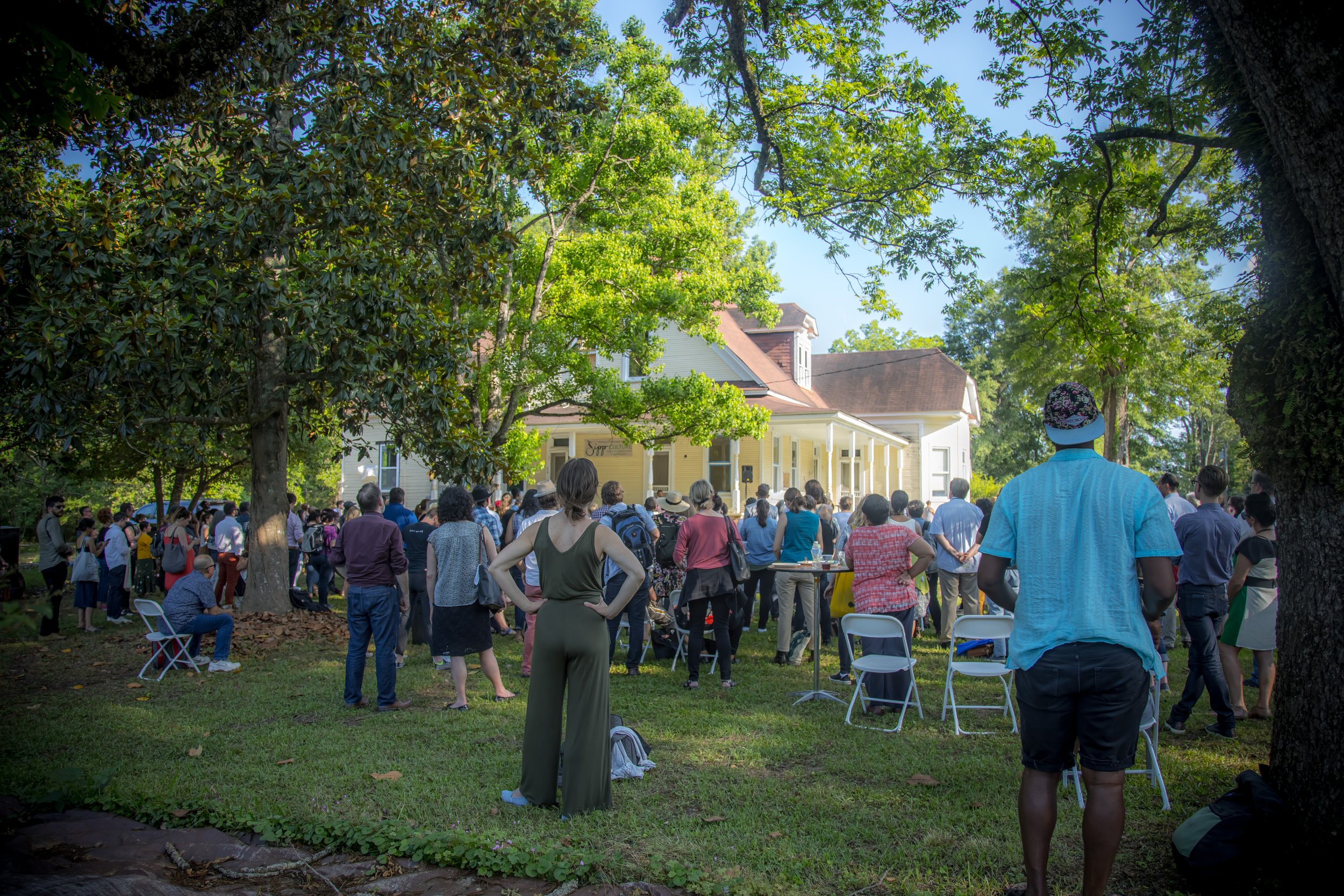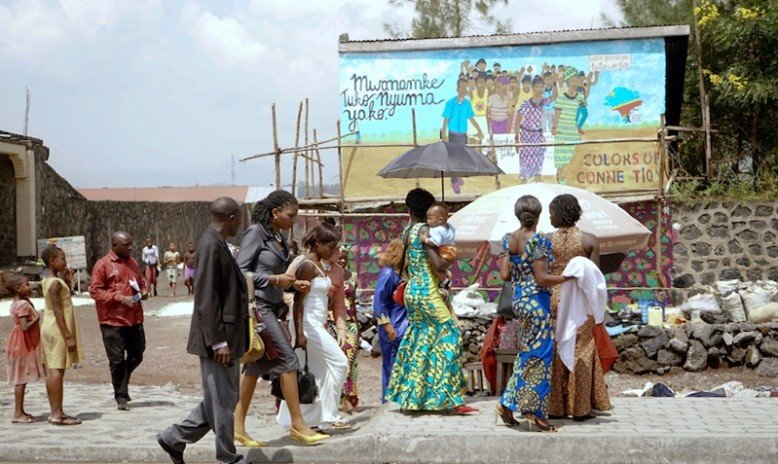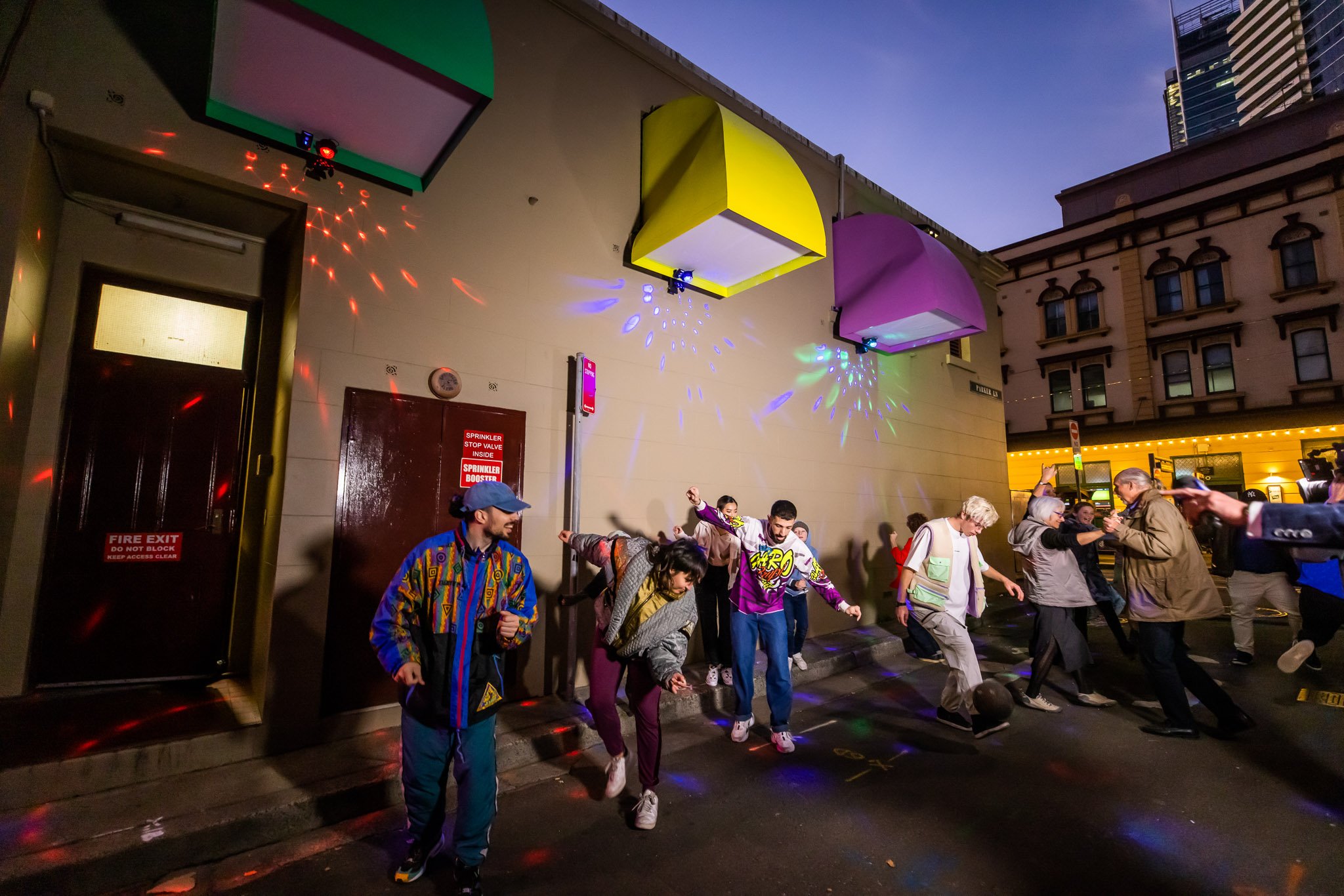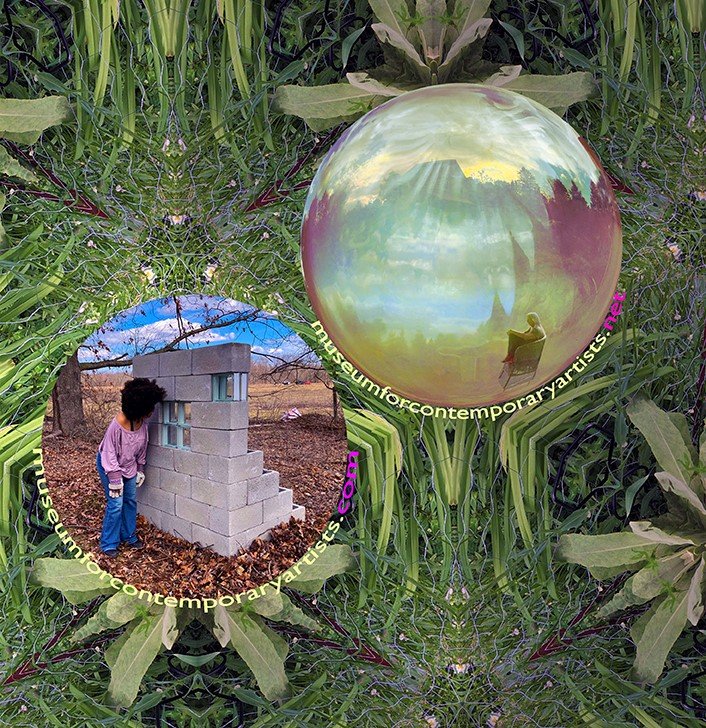List of original frameworks, toolkits and learning exercises
A pathway through the Six Principles of a Trauma-Informed Approach and placemaking
Cara Courage & Anita McKeown
Chapter 6: Slow Collaboration as a Sustainable Framework for Practices of Repair
Amanda Crawley Jackson, Korab Krasniqi & Alexander Vojvoda
A model to develop a community of practice around placemaking in post-conflict contexts.
Chapter 7: Creative Placeproofing
Brian Jay De Lima Ambulo
An emergent pivotal approach in fostering community resilience and resistance, a union between creative placemaking and trauma-informed placemaking.
Chapter 8: Ethical Placemaking
Lisa Eckenweiler
An ideal and concept that can help support people concerned with migrant and refugee accommodation and health services.
Chapter 10: Focus Group Exercises, Questions and Sample of Questions from Oral History Guide
Carlton Turner, Mina Matlon, Erica Kohl-Arenas and Jean Greene
A series of prompts to aid an imaging of a/the future.
Chapter 15: Case Study Thematic Findings
Julie Goodman, Theresa Hyuna Hwang and Jason Schupbach
An effective framework of commonalities of the organisation-led regenerative trauma-informed practices.
Chapter 15: Advice for Practitioners
Julie Goodman, Theresa Hyuna Hwang and Jason Schupbach
How to center trauma-informed placemaking practice in organizational practice.
Chapter 16: Trauma-Informed Placemaking: Integrative Approach Framework
Joongsub Kim
A six-point social justice-informed approach to make placemaking more effective in addressing trauma in underserved communities.
Chapter 17: Thematic framework for nature therapy consideration
Lyubomira Peycheva
Across eight thematic topics of nature escape, freedom, sensory heaven, calming and relaxing nature, appreciation, change of perspective, memories, and life satisfaction.
Chapter 18: Thematic framework for placemaking and the migrant experience
John Arroyo & Iliana Lang Lundgren
Across four thematic topics of trauma caused by forced family separation, resulting from persecutive displacement, associated with cultural displacement and stemming from lack of visibility or misrepresentation.
Chapter 21: Valuing Creative Placemaking Toolkit
Cathy Smith, Josephine Vaughan, Justine Lloyd, and Michael Cohen
A range of value indicators of placemaking success across Social, Environmental and Economic impacts to evaluate creative placemaking initiatives.
Chapter 25: The Place-Healing Manifesto
Chuck Wolfe
A Manifesto to meet the challenge of place-healing and to create adaptation and transition pathways.
Chapter 26: MOTIF Framework
Theo Edmonds, Josh Miller and Hannah Drake
A Culture Futurist™ practice framework for Creative Placehealing, designed to guide practitioners in the process of transforming places and fostering cultural wellbeing.
Chapter 26: Practice and Reflection exercises
Theo Edmonds, Josh Miller & Hannah Drake
Guide for Reflective Journaling, Case Study Analysis, Community Mapping, Designing a Culture-Centered Intervention and Leadership Reflection.
Chapter 27: Peace Rooms
Elena Quintana & Ryan Lugalia-Hollon
A process-led space for healing and transformation, working in support of more equitable school experiences for those enduring harms from the outside world.
Chapter 28: Processes to create a mind map; a Zoom background; to tell a story from an image; and Process to Be the Museum – Implementation Prototype
Daria Dorosh
Process to Be the Museum – Implementation Prototype, in which the artist’s studio, including its history, documents, artifacts, lifestyle, and activity is a museum.
Chapter 29: Intimate Models Lab
Pablo Gershanik
A site-specific process to explore issues related to social trauma.
Chapter 30: The creative place re-making framework
Katie Beinart
A set of criteria and questions to understand the impacts of creative place re-making.
Chapter 31: A Reconciliation Framework for Storytelling: A Trauma-Informed Placemaking Approach
Katie Boone, Wilfred Keeble, Rita Sinorita Fierro & Sharon Attipoe-Dorcoo
A game to elicit new questions through new understandings from the intercultural spaces where oral histories can be shared.
Chapter 31: The Dakota 38 + 2 HD Full Length Documentary
Katie Boone, Wilfred Keeble, Rita Sinorita Fierro & Sharon Attipoe-Dorcoo
Chapter 32: Cards on the Table
Sally Labern, Sophie Hope & Rebecca Gordon
A tool to critique the process of collaboration from Ania Bas, Sophie Hope, Sian Hunter Dodsworth and Henry Mulhall (2016).











